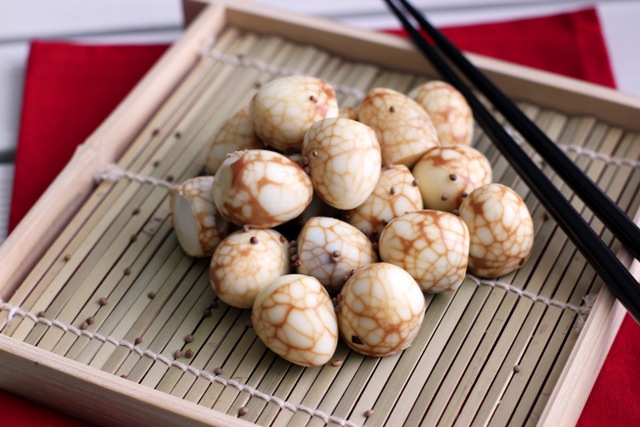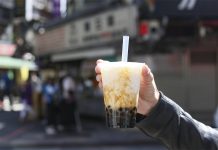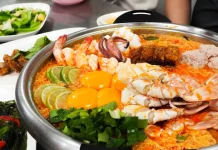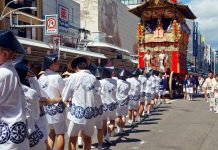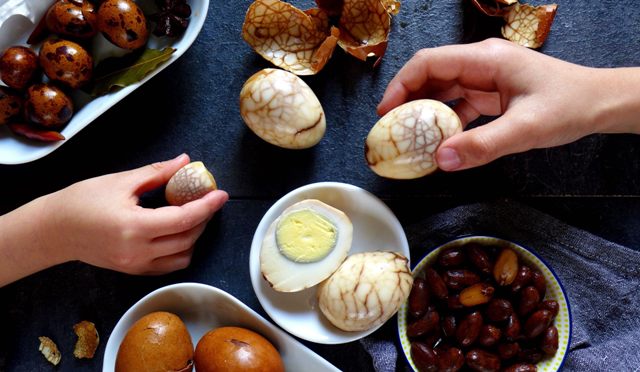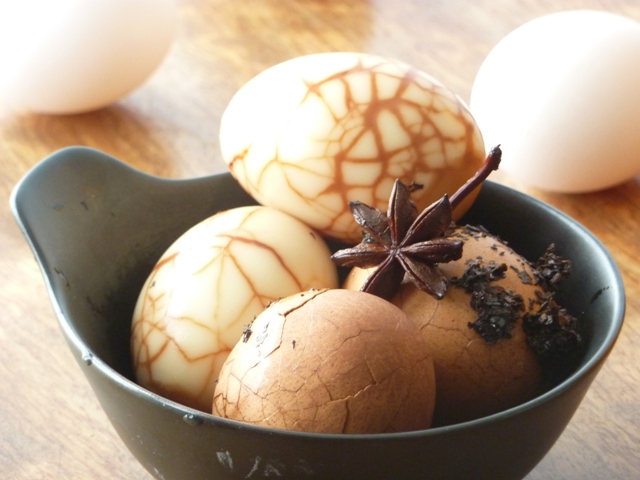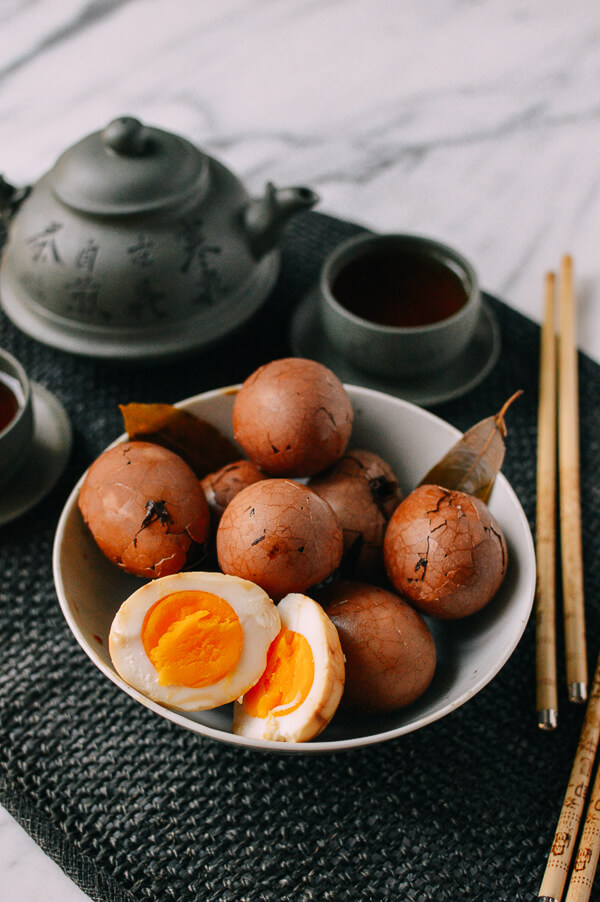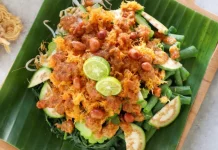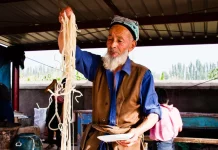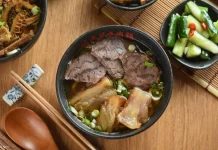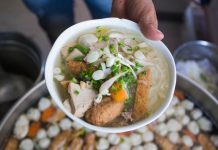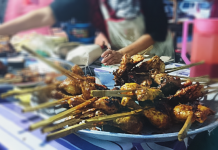On early summer days, please try to extend your tastes with Chinese tea eggs as a snack, a delicious dish with a distinct flavor.
- What to eat in Xinjiang? Enjoy 9 best Xinjiang street food
- What to eat in Suzhou? — 13+ must-eat, famous Suzhou street food & best food in Suzhou
- Must eat in Shenzhen — 11+ famous Shenzhen street food & best food in Shenzhen
- Must eat in Guangzhou — 13+ must eat food, famous & best street food in Guangzhou
- What to eat in Hangzhou? — +16 must-try Hangzhou street food & best food in Hangzhou
In China, tea eggs are mainly served in light meals, or sometimes served with a bowl of rice or porridge. Pat Tanumihardja, who is famous for the blog Pickles and Tea and the author of The Asian Grandmothers Cookbook, is lavish in praising these marbled tea eggs. They are so beautiful and aromatic that he doesn’t dare to eat them. In Shanghai, these tasty tea eggs are a common, inexpensive snack sold on the street or in convenience stores. Notably, tea eggs can be eaten all year round.
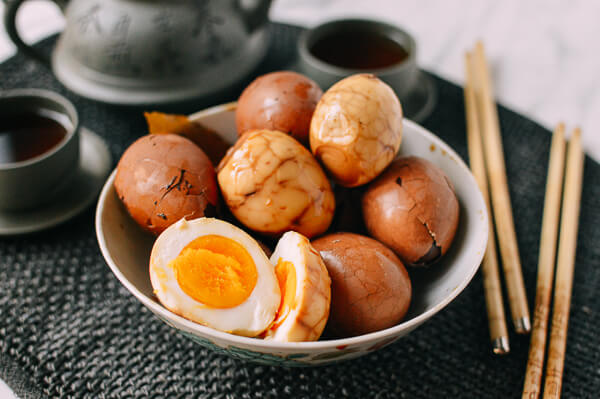
Normally, the process of cooking tea eggs has two steps. First, the eggs are boiled. After they are hard boiled and gently cracked, they are steeped and braised in an especially aromatic blend of tea, herbs and spices. After a few hours, when you peel these eggs they will amaze you with their beauty. They look like marbles with a wonderful flavor. Depending on how long you boil and braise the eggs, the tea eggs will have a mild or strong taste. Their colors are also different, changing from light colors to dark brown.
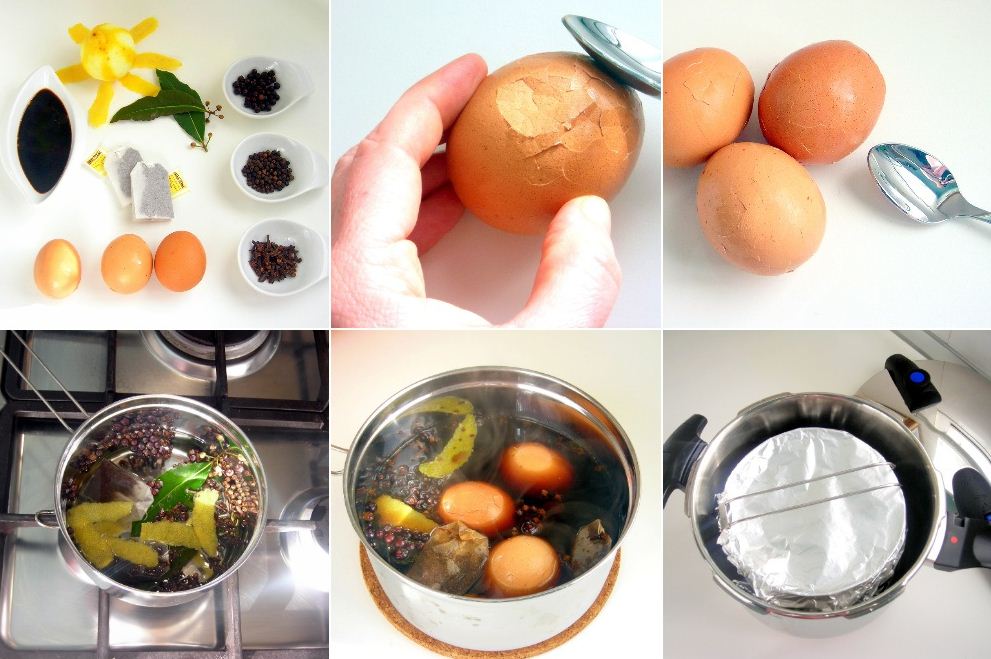
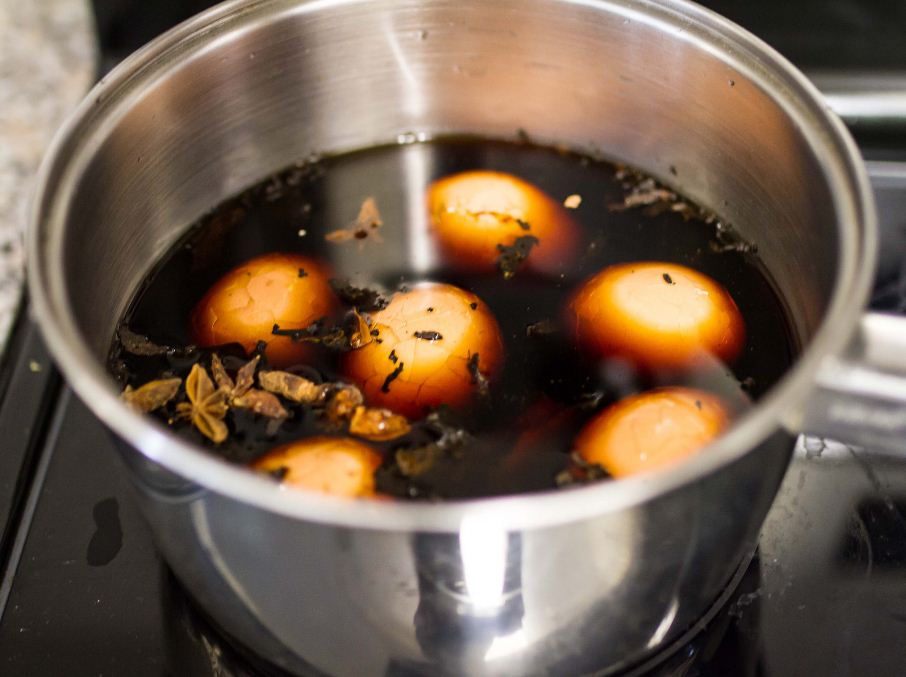
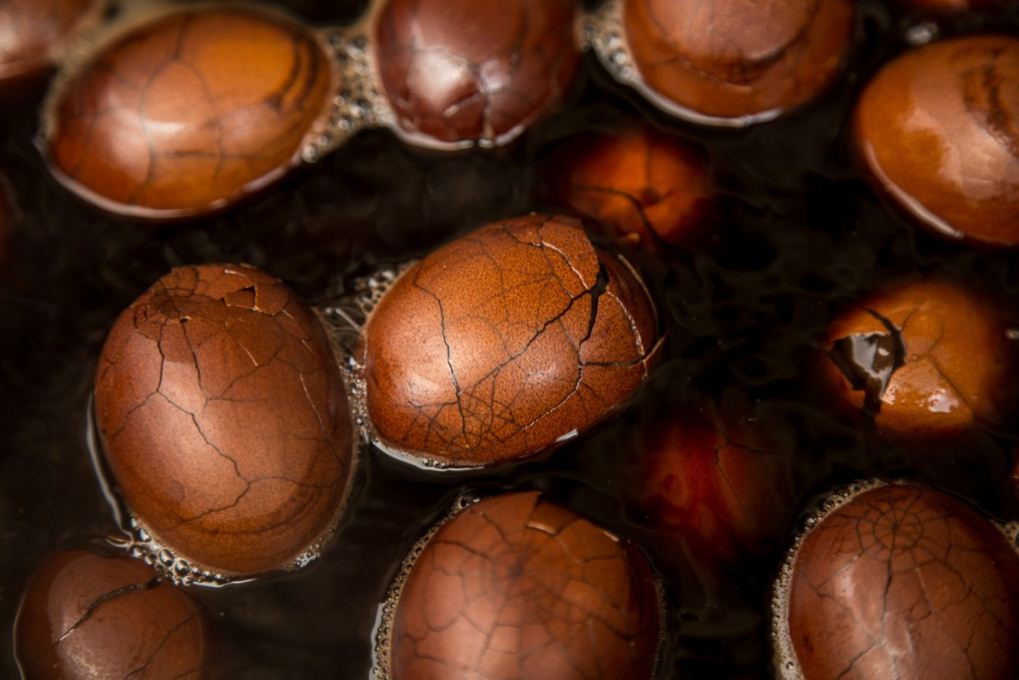
Another interesting thing about tea eggs is that you can create various flavors with different kinds of tea and herbs, even with Lipton tea. However, Shanghai Oolong tea is the number one choice for tea eggs for its best aroma. Especially, each time you enjoy tea eggs, you can feel differences in the color and taste of the eggs. They are sometimes red or pink, sometimes white. They can be soft or firm.
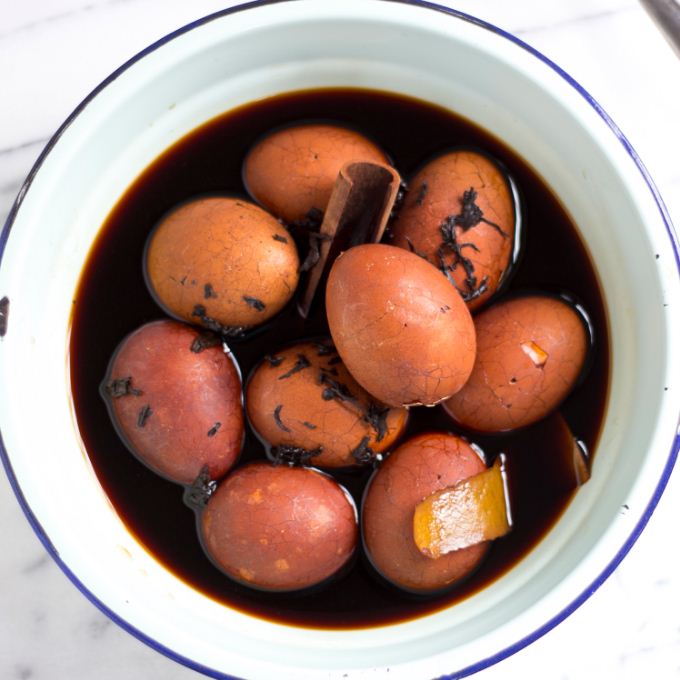
The recipe for successful tea eggs lies in the ingredients (tea and egg) and the way of cracking the eggs.
Tea is naturally very important. Selecting tea and soaking eggs in tea are the most important steps. Tea and eggs must be braised long enough so that the eggs are aromatic but not strongly so.
To make eggs soft and tasty is not simple. First, take the eggs out of the fridge for several hours. Bring the water to a boil, then rapidly and gently add eggs to the pot with a big ladle. Simmer them for 7 minutes and stop. Remove the eggs and put them into a pot of cold water until they are cool enough to handle.
While you wait for the eggs, prepare the blend of tea. First, bring the tea to a boil, then lower the heat and simmer for about 10 minutes so that it is aromatic. Stop cooking and open the lid to make it cool.
When the eggs are cool, use a metal spoon to tap all around each egg gently. Try to make slight cracks all over the shell like a cobweb so that the tea can penetrate the eggs.
Finally, after soaking the eggs in tea for about 24 hours (kept in a fridge), you can enjoy this special snack. If you want a stronger flavor, soak the eggs in tea for 3 to 4 days in order to have a new taste.
